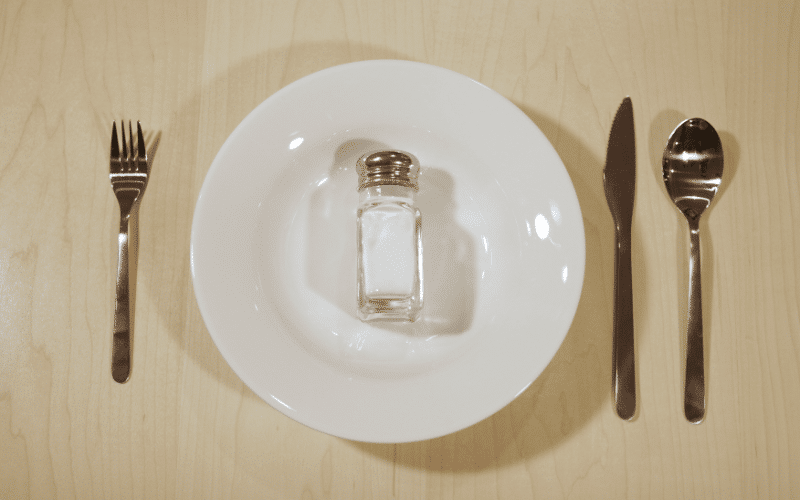Food 6: High Sodium Foods

Sodium has a mixed reputation in health circles. While necessary for numerous bodily functions, including nerve and muscle function, too much of it can spell trouble, particularly for those with afib. Excessive sodium intake is often tied to processed foods, canned goods, fast food, and even some restaurant meals.
Ingesting large amounts of sodium can lead to water retention in the body, thereby increasing blood volume. The elevated blood volume imposes additional strain on the heart to pump blood, resulting in increased blood pressure. This strain, in the context of afib, might escalate into irregular heartbeats.
Apart from the direct impact on blood pressure, high sodium foods are often calorie-dense and can contribute to obesity, a risk factor for afib.
To lower sodium intake, consider cooking at home more frequently, using fresh ingredients, and adding flavor with herbs and spices instead of salt. Reading food labels can also help identify and avoid high-sodium products. (6)